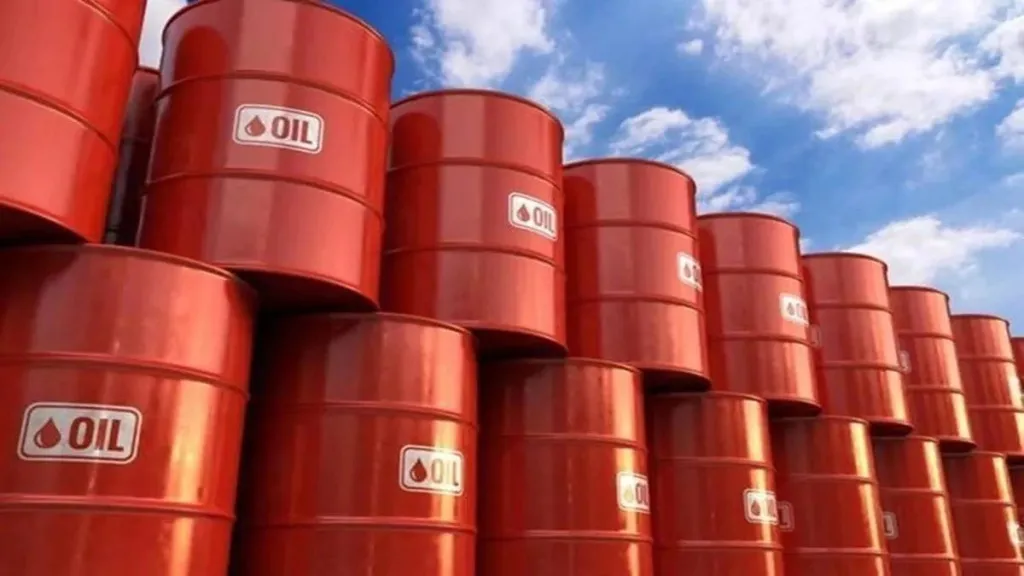India cannot but be concerned over the uncertainty in the global oil market as a fresh round of western sanctions kicks in from Monday to curb Russia’s oil revenues to fund its war in Ukraine. Europe has banned Russian sea-borne oil from the continent and stopped its companies from insuring tankers carrying Russian oil to third countries unless they purchase it at a G-7 grouping of rich nations’ dictated price cap of $60 a barrel. Moscow has rejected this oil price cap and has threatened to cut supplies to countries endorsing it.
Also Read| What the 2020s will look like
The price cap seeks to limit Russia’s revenues while ensuring there is adequate global supply to check inflation. This will be regularly reviewed to ensure that it is at least 5% below the price of Russian oil. But there is bound to be upward pressure on prices if the prospect is for lower supply from Russia of at least one million barrels a day over the near-term. This may result in prices spiking upwards, even breaching $100 a barrel by Christmas. The oil cartel, OPEC, has decided to keep its output targets unchanged but stands ready to take “immediate action” to stabilise the global oil market. Ultimately, the fate of the price cap rests on the ability of the US-led Western nations to set prices in defiance of a leading producer that refuses to be a price-taker as it produces more than 10% of the world’s oil.




The prospect of elevated oil prices is bad news for India, that imports 86% of its requirements.In the interests of its energy security, it has accessed supplies at the most advantageous terms such as deeply-discounted Russian oil. India’s oil imports have ballooned from 203,000 barrels/day in March (4% of its average daily consumption of 5.15 million barrels/day) to 970,000 barrels/day in October (19% of its requirements). The price cap per se is unlikely to deter this reliance as it has been buying crude from Russia at broadly similar price levels with Urals crude trading at $65 a barrel last week. But there could certainly be concerns over the availability of an adequate number of tankers outside the EU or G-7 countries as those from the Shipping Corporation of India and private companies carry only 10% of India’s requirements. However, this could be less of a problem as Russia has reportedly built up a fleet of more than 100 ageing tankers worth $16.2 billion this year to circumvent Western sanctions in order to supply countries such as India and China and Turkey, according to the Financial Times. The price cap will not apply to crude purchased and loaded before December 5 and unloaded before January 19, 2023.
Also Read| Let the WTO referee carbon border taxes
To reduce its vulnerability to high and volatile global prices, India must make efforts on a war-footing to increase the levels of relative self-sufficiency by stepping up domestic oil and gas production over the medium-term. Unfortunately, this is not happening. Domestic crude production has been steadily declining from 38.1 million metric tonnes in FY12 to 29.7 mmt in FY22. Till October this fiscal, production at 17.2 mmt is not different from a year earlier. Domestic oil producers and global oil giants must be incentivised to explore and produce more. There is no alternative to stepping up local oil production to promote greater energy security.



















